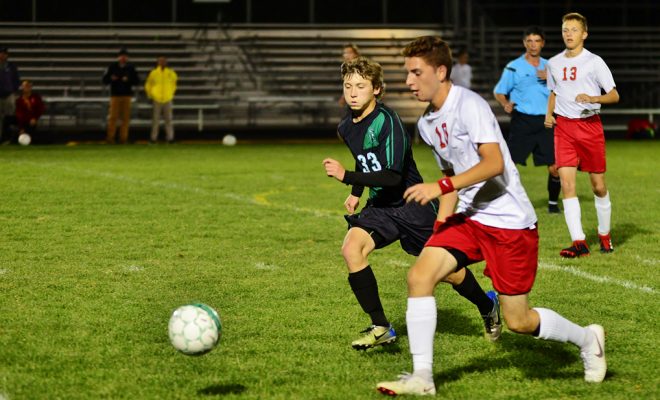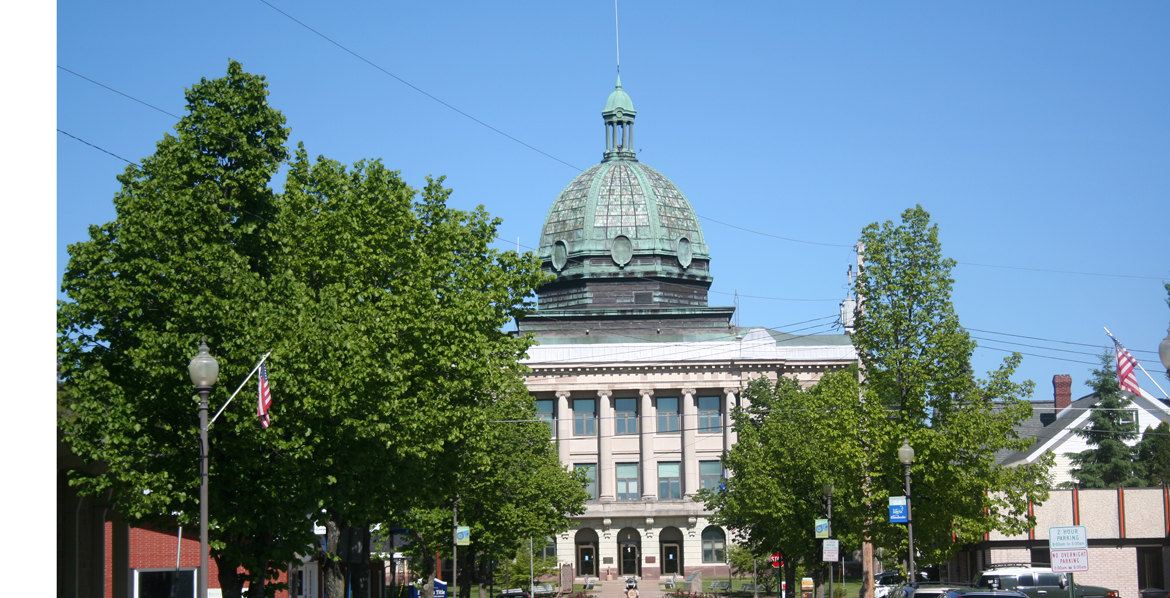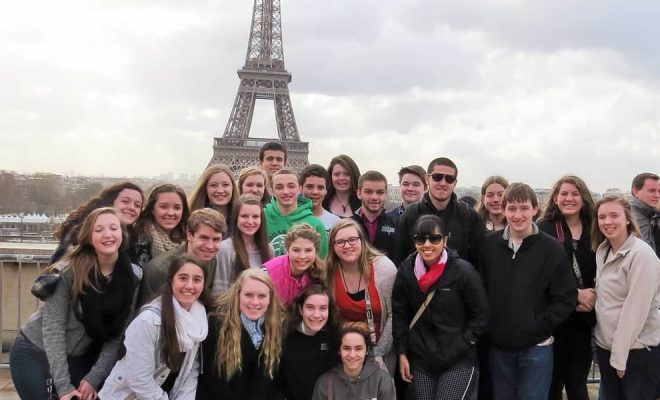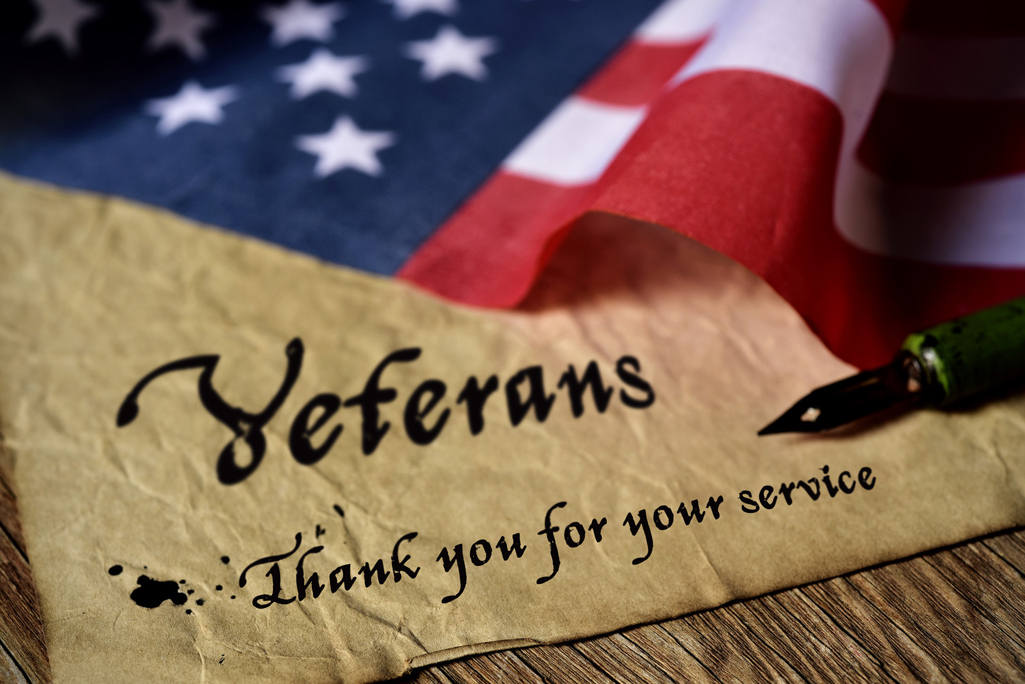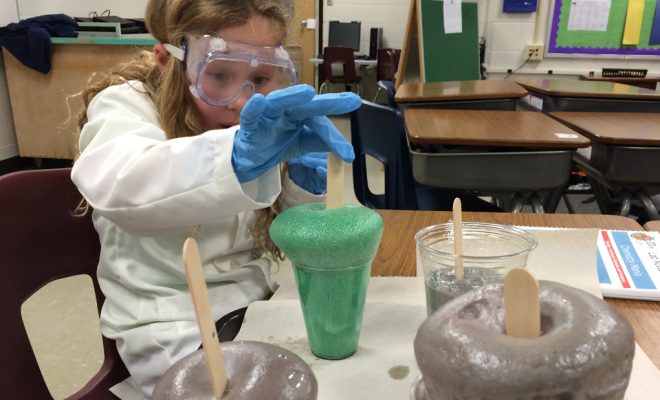Better together: New initiative partners Northwoods businesses, conservation professionals
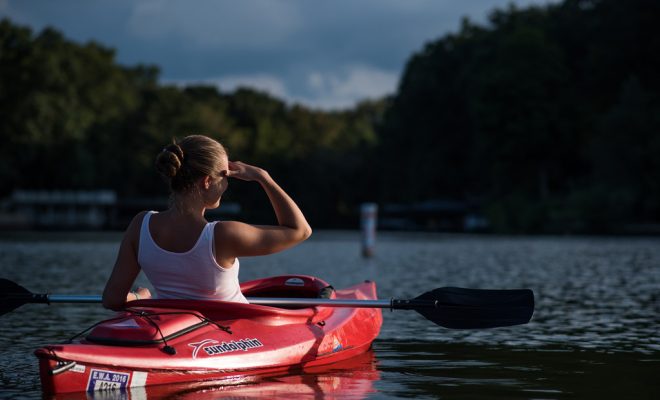
By Eileen Persike
Editor
In the Northwoods, lakes and rivers are more than a relaxing place to cool off in the summer or to hunt for the elusive musky. Indeed, our abundant water bodies are a respite from the stress of the day, a sought-after haven for weary city- dwellers seeking quiet relief for a week or two and at the same time – a source of economic vitality for many lucky enough to call the Northwoods home.
dwellers seeking quiet relief for a week or two and at the same time – a source of economic vitality for many lucky enough to call the Northwoods home.
Improving the quality of lakes and rivers has taken on increased urgency through the years, as lake associations, county land and water conservation departments and individuals have worked to ensure clean water free from invasive species for recreation and natural habitats for critters and humans alike.
When updating the Vilas County Invasive Species Strategic Plan a couple years ago, a group of individuals, led by Vilas County Lake Conservation Specialist Cathy Higley, sought new avenues in which they could continue their work.
“As we were hashing through things in 2019, we kind of got the idea that the business community might not be as included as they could be,” Higley said. “In our strategic plan, we weren’t sure what that would look like at that point, but we wanted to try to do something more with the business community.”
After chatting with other professionals and doing some outreach with businesses, the Businesses for Clean Waters initiative was launched; its mission, “To create partnerships between conservation professionals and local businesses that rely on water resources. The aim, to protect the lakes and rivers vital to the Northwoods economy and recreation.”
Jason and Nichole Bach, owners of Wildwood Outdoor Adventures and Wildwood Campground in Eagle River, have signed onto the program. For them, protecting Vilas and Oneida county lakes is number one.
“We need to protect our lakes and educate others on how to do so and what to look for,” the Bachs said. “There are many homes that are seasonal, and there are many people moving here permanently who are not aware of how valuable this resource is for our local economy.”
Four program staff members are aiming to work with three businesses each year, over the course of three years. The target groups for partnerships include fishing guides, dock and lift companies and marinas, bait shops, resorts, watercraft rental companies, boat dealers, lake and river excursion businesses and the like.
Celeste Hockings of the Lac du Flambeau tribe, Emily Heald of North Lakeland Discovery Center, Stephanie Boismenue of the Oneida County Land and Water Conservation Department and Higley are the staff members who will be working with interested businesses.
“The crux of it is we want to help the business owners that want to help the lakes and rivers,” Higley said. “There are a few different areas of emphasis we want to look at.”
Aquatic Invasive Species
The goal is to work on AIS prevention, primarily, with fishing guides, dock and lift workers and others who travel from lake to lake, to make sure they are all aware and trained on how to prevent the spread of AIS and know what the laws are so they are educated.
Storm water issues
There are many water front business owners who want to do more to manage their storm water, Higley said. That could mean finding a way to handle the runoff coming from a parking lot, and keep it out of the surface waters, perhaps with infiltration pits or diverting it.
Water quality
“If we have people taking rafting trips down the river, for example, maybe that is something we can help with coordination and perhaps have some sort of a trash pickup day if there’s a lot of intentional or unintentional litter left by the users,” Higley said. “The businesses do try to keep up on that, but we want to make sure they have what they need to get there.”
Winter operations
Some businesses are open in the winter. Are they salting their parking lots, and is the salt going into the lake in the spring, are two questions Higley said can be addressed.
Habitat
Just like for lake home owners, maintaining a natural lakeside habitat is important to the health of the lake and the wildlife that live there.
“A lot of these businesses want it to look nice, they want the view of the lake, which is understandable,” Higley said. Instead, they are trying to encourage people to keep at least a 35-foot buffer zone of native vegetation.
“In some instances that just means to stop mowing,” Higley said “But some businesses, I would anticipate, would be hesitant to do that because it wouldn’t look very nice at first. So we can also help with native plantings so it can look a bit more intentional and at the same time provide that habitat and native plants to help slow down that runoff and provide habitat for our critters that use the riparian zone.”
The Oneida County Lakes and Rivers Association (OCLRA) and Vilas County Lakes and Rivers Association (VCLRA) are working with the team to promote the initiative and provide some public relations for the partner businesses.
“We want to make clean waters a long-term ideal for the Northwoods,” said Tom LaDue, a representative from OCLRA. “People come here because of the clean water and hopefully we can keep it that way and that’s what the partnership will do in the long run.”
Surface water grants from the Department of Natural Resources help fund projects for lake associations and homeowners, but are not currently available to businesses. Counties, however, and qualified lake associations and towns can sponsor a grant that would, in some cases, provide funding for up to 75% of the costs a business would incur.
This summer, the “guinea pig year” of the initiative, is all about working out the kinks. One of those is learning how to communicate with and train during the busy summer season, which is even busier in 2021.
“One of the things we running into is that some businesses are really gung-ho but they are really short staffed and are struggling to get enough time to devote to being able to schedule clients such that their staff can have two hours off for a training,” Higley said. “That is a struggle, a Northwoods kind of thing. They are working so hard and we’re trying to meet them where they are.”
Higley said they will consider having a “Plan A and a plan B” so they can follow through with the businesses when something unexpected occurs.
Each partner business will receive an individualized conservation plan that is drawn up after the Businesses for Clean Waters staff person meets with the business owner to understand what they want to get out of the partnership, and learn a bit about the business and its operations so they can provide good advice.
“Without these lakes and the fisheries this would not be a vacation destination,” the Bachs said. “We will do what we can and hope to see more business contribute in protecting, preserving and educating the public on our waterways for the future generations to enjoy.”
Year two will include implementation of the plan and creation of a grant funding strategy if needed. The third year of the three-year project will allow partner businesses the opportunity to show they understand the plan and can run with it on their own.
“We want to be able to give them a starting point and technical assistance,” Higley said of the local businesses willing to partner with conservation professionals for the benefit of the lakes and rivers. “They can take it as far as they want.”
For more information on the Businesses for Clean Waters initiative, visit vclra.org/northwoods-businesses-for-clean-waters/
Leave a reply
You must be logged in to post a comment.

